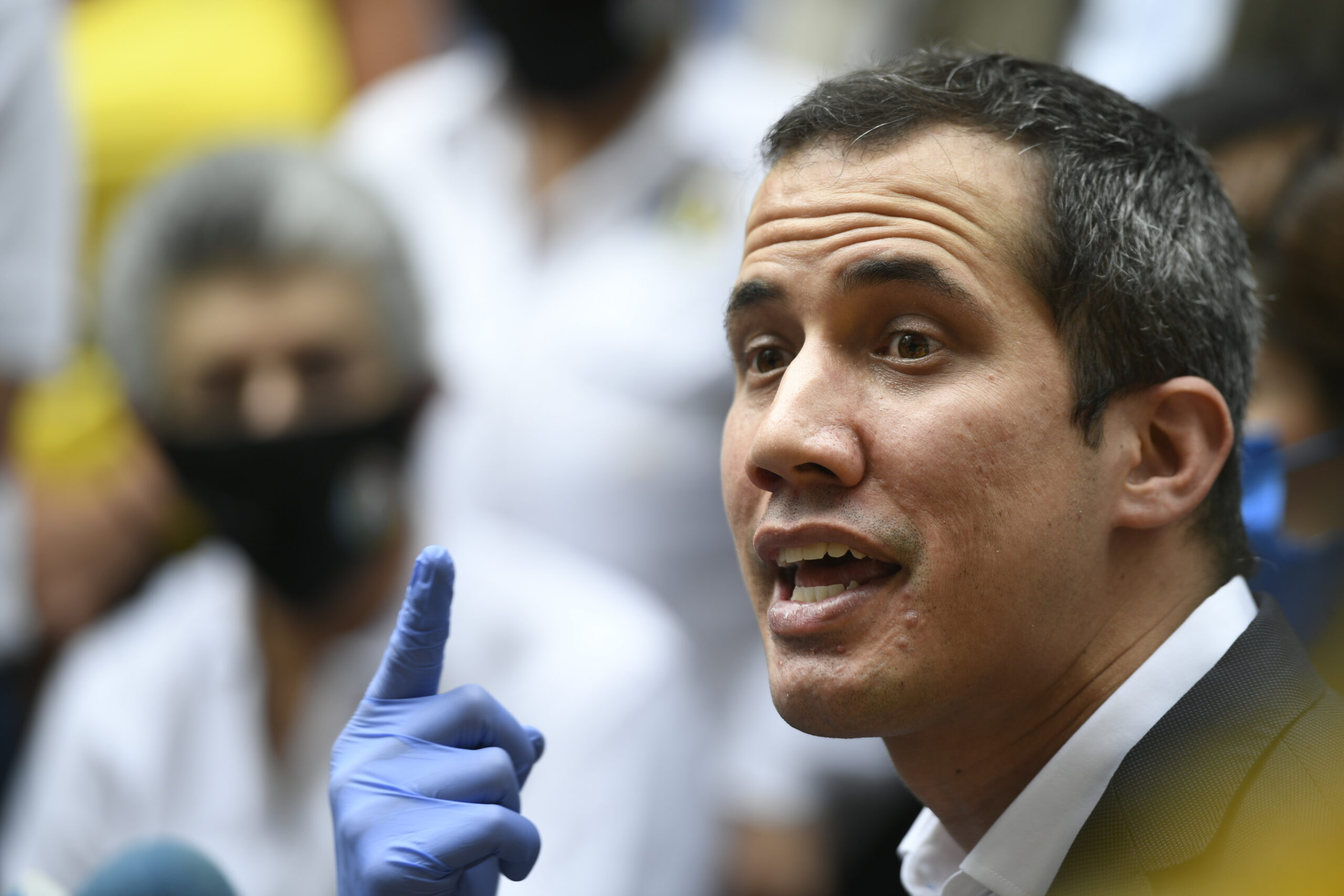On August 2, members of the coalition led by National Assembly President Juan Guaidó issued a statement laying out their rationale for not participating in the upcoming legislative elections on December 6. They note that the process has been marked with serious irregularities, including the Supreme Court intervening in three of the four main opposition parties to strip their leaders of control and hand them to individuals accused of being loyal to the Maduro government.
The decision to abstain from the elections is understandable given the long list of irregularities and changes made to the voting process so far, which have been succinctly explained by electoral watchdog groups like Observatorio Electoral Venezolano.
It is also unsurprising that most of the parties on the August 2 statement signed it. 14 of the 26 parties listed are either not registered with the CNE for these elections, or–in the case of Primero Justicia (PJ), Accion Democratica (AD), and Voluntad Popular (VP)–have had their leadership stripped. Of the total 26 parties on the statement, only 8 are registered with the CNE and could have fielded candidates in the first place (Alianza del Lapiz, Aprisal, Camina, Copei, GuajiraVen, Izquierda Democrática, NUVIPA, Parlinve), not including PJ, AD, and VP, which will field candidates chosen by their effectively co-opted new leadership.
The Guaidó coalition statement stresses that the decision was made “unanimously,” and places an emphasis on unity, suggesting the mainstream opposition is trying to present a united front. What is not clear, however, is how unanimous the decision not to participate in legislative elections really is. At least one of the parties that initially signed the document (UPP89, whose logo is still featured on the masthead), has backpedaled, signaling that they are, in fact, participating in the election. Other members of parties that have signed the statement, such as former PJ presidential candidate Henrique Capriles or UNT lawmaker Stalin Gonzalez, have hinted in various ways that they would be open to participating–especially if some conditions were improved. Capriles has been linked to a political party, la Fuerza del Cambio, that some have suggested could serve as a unity ticket for opposition parties seeking to participate.
While the smaller parties of the Mesa Nacional de Dialogo, which have broken from Guaidó, have made clear they will participate regardless, it is unlikely actors like Capriles or Gonzalez could participate without a change in electoral conditions.
Interestingly, there is evidence of ongoing negotiations on this front. On August 11, European Union High Representative for Foreign Affairs and Security Policy Josep Borrell issued a statement saying that the existing conditions were not free and fair, and that the EU could not send an observation mission unless they were improved. This part of the statement was echoed far and wide by the opposition and international supporters, but the more interesting element in the statement was this:
“Following my contacts with Venezuelan representatives and political leaders, I have to conclude that conditions are not met, at this stage, for a transparent, inclusive, free and fair electoral process. I have received a letter from the Minister of Foreign Affairs informing me about an agreement on that matter with a sector of the opposition. It is a step in the right direction, but not enough for the European Union to be able to deploy an Election Observation Mission.”
So far it is unclear who exactly has signed this agreement, and what it entails. The Mesa Nacional de Dialogo parties have denied signing any such accord, and there has been silence from the Maduro government. In the face of this silence, it seems likely that last minute talks are happening behind the scenes to explore the possibility of improving electoral conditions.
Meanwhile, the Guaido coalition is coming under increasing pressure from Venezuelan civil society to announce a strategy beyond mere abstention. Since issuing the August 11 statement, the mainstream opposition has been organizing outreach meetings with NGOs, trade groups, religious organizations and other associations to cultivate support for a supposed “Unity Pact.” Cronica Uno reports, however, that a number of civil society organizations have expressed dissatisfaction with these meetings, and feel they are less about consulting with society and more about seeking endorsement for abstention.
The biggest pushback has come from the local Catholic Church. On August 11, the Venezuelan Episcopal Conference issued a statement noting the deep flaws in the elections, abstaining “is not enough.” The Church calls for a broader strategy, and suggests: “Despite the irregularities, the massive participation of the people is necessary and may defeat totalitarian attempts and advantage on the part of the government.”



